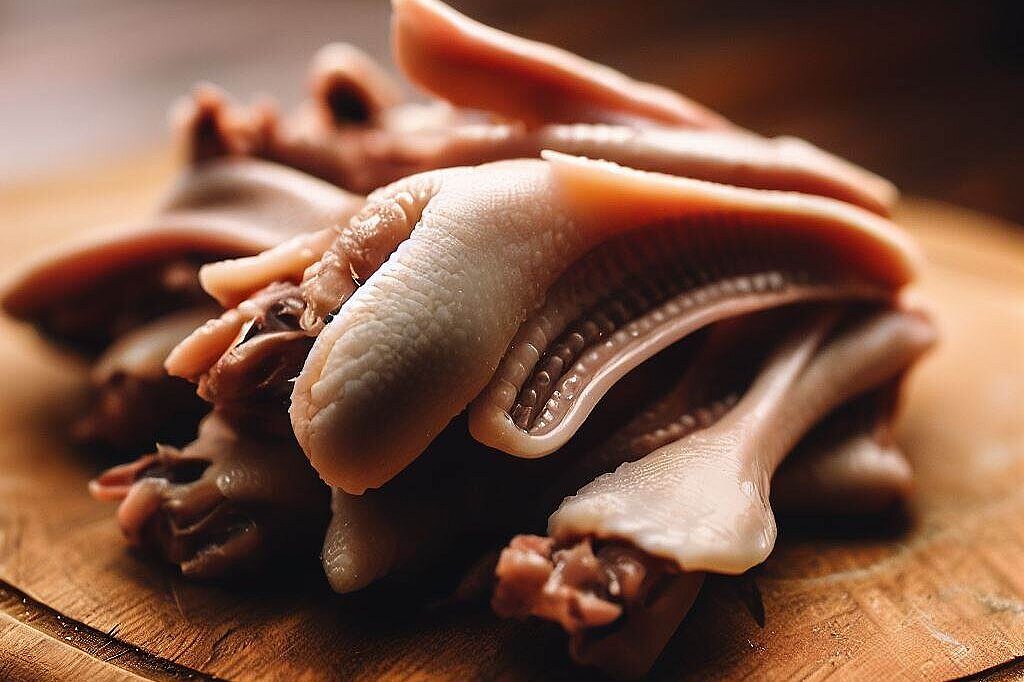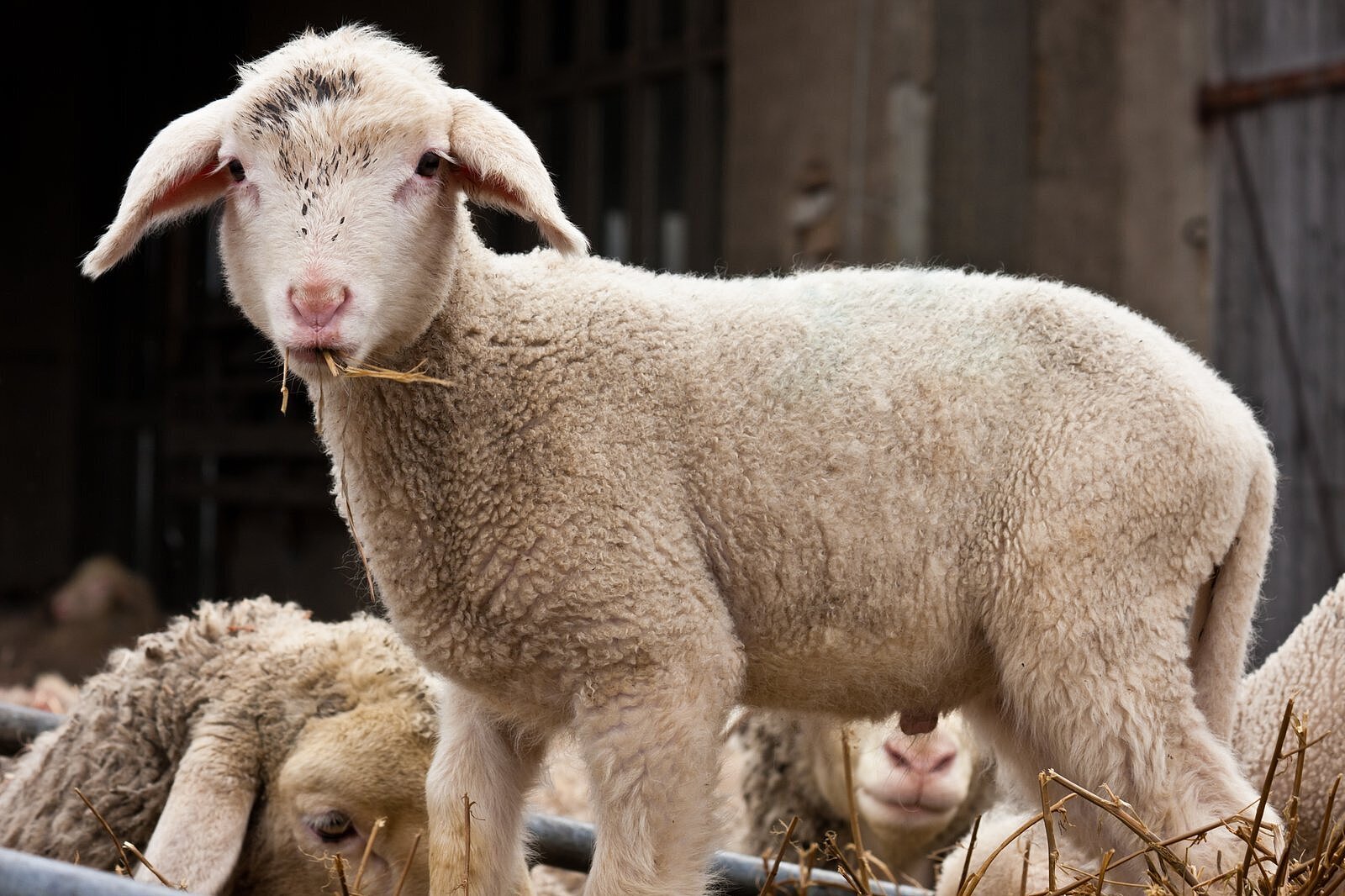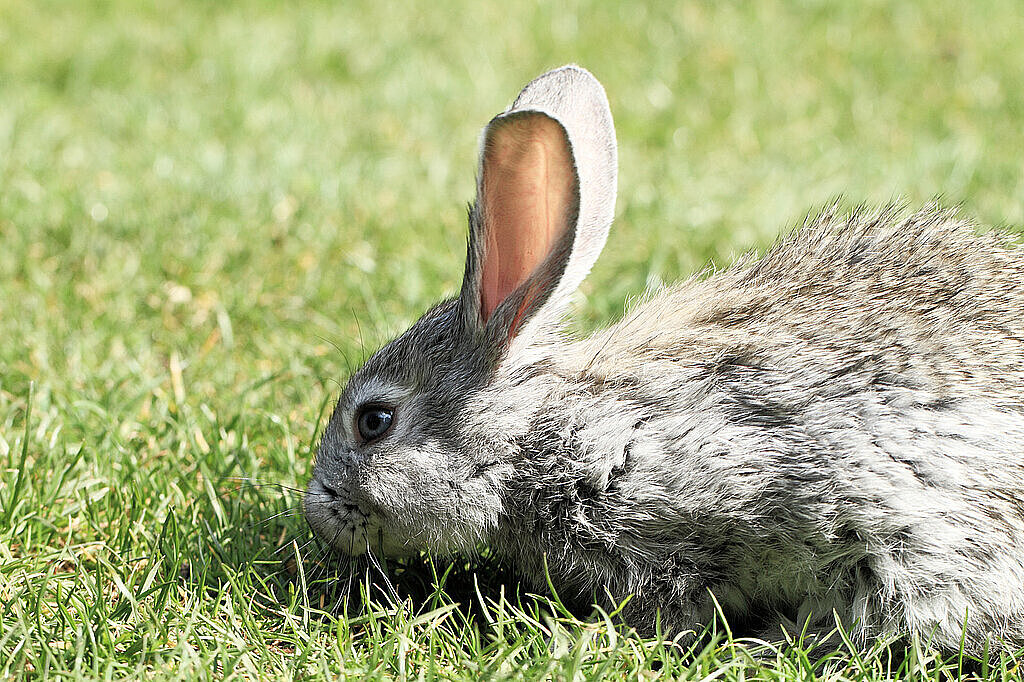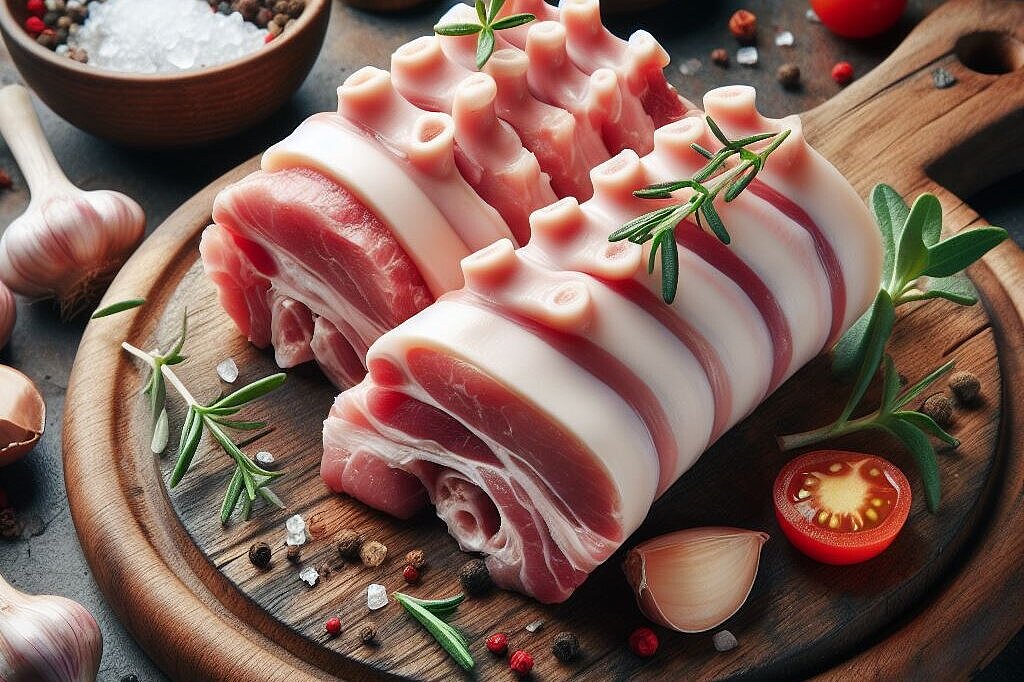Chicken cartilage
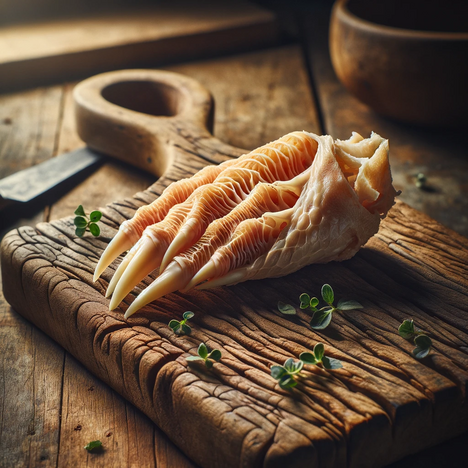
In the world of dog nutrition, we are constantly on the lookout for ingredients that not only fulfill the daily needs of our four-legged friends, but also promote their long-term well-being. One such ingredient that has been receiving more and more attention recently is chicken cartilage. Known for its potential joint health benefits, however, this natural ingredient also raises questions about its efficacy and safety. In this article, we will take a comprehensive look at chicken cartilage, examine its properties and discuss the pros and cons for canine health.
What is chicken cartilage?
Chicken cartilage is, as the name suggests, the cartilage from chickens, which is often a by-product of meat processing. Unlike bone, cartilage is softer and contains a variety of substances that are essential for joint health, including collagen, glucosamine and chondroitin. These ingredients are known to support joint health and may help relieve the discomfort of degenerative joint diseases such as osteoarthritis.
Nutritional profile and use
Chicken cartilage is valued in dog nutrition for its rich supply of collagen, glucosamine and chondroitin. These components are essential for maintaining strong, healthy joints and can help improve mobility and reduce inflammation and pain in the joints.
Benefits of chicken cartilage for dogs
Supporting joint health
The substances contained in chicken cartilage can help to strengthen joint cartilage and slow down its wear and tear. This is particularly beneficial for older dogs or breeds that are prone to joint problems.
Relief of osteoarthritis symptoms
For dogs already suffering from osteoarthritis or other degenerative joint conditions, supplementing with chicken cartilage can help relieve pain and improve mobility.
Natural source of glucosamine and chondroitin
Unlike synthetic supplements, chicken cartilage provides a natural source of glucosamine and chondroitin, which may reduce the likelihood of side effects.
Possible disadvantages and precautions
Risk of overdose
An overdose of glucosamine and chondroitin can lead to health problems, including gastrointestinal discomfort and a negative impact on blood sugar regulation.
Quality control
The quality of chicken cartilage can vary, and low-quality products may contain contaminants or other undesirable substances. It is important to purchase chicken cartilage or products containing it from trustworthy sources.
Allergic reactions
Although rare, some dogs can have an allergic reaction to chicken cartilage. Symptoms of an allergy can include skin rashes, itching and digestive problems.
Use a valuable supplement wisely
Chicken cartilage can be a valuable addition to a dog's diet, especially for those who are prone to or already suffer from joint problems. The natural ingredients such as collagen, glucosamine and chondroitin offer potential benefits for joint health and can help to improve dogs' quality of life. However, as with any supplement, appropriate dosing is crucial and products should be carefully selected to ensure quality and safety. With the right approach, chicken cartilage can be a useful support in your dog's diet to keep his joints healthy and him active.
If you notice any signs of hypersensitivity or poisoning in your dog, you should see your vet immediately. We are not a substitute for a vet, but we try to be as accurate as possible. Every dog reacts differently and we recommend you get a second opinion or consult your vet if in doubt.
Stay healthy and take good care of your four-legged friend!😊
Similar to Chicken cartilage
Duck cartilage is the connective tissue that binds the bones of ducks together. It consists mainly of collagen, a protein responsible for the elasticity and strength of skin, hair, nails and joints....
Lamb cartilage is the connective tissue that surrounds the bones of lambs. It consists mainly of collagen, a protein responsible for the elasticity and strength of the skin, joints and tendons. Lamb...
Rabbit cartilage is an animal by-product obtained from the joints and ears of rabbits. It consists mainly of collagen, a protein that is important for the formation and maintenance of connective...
Pig cartilage is the connective tissue that surrounds and protects the joints of pigs. It consists mainly of collagen, a protein responsible for the elasticity and strength of skin, hair, nails and...
